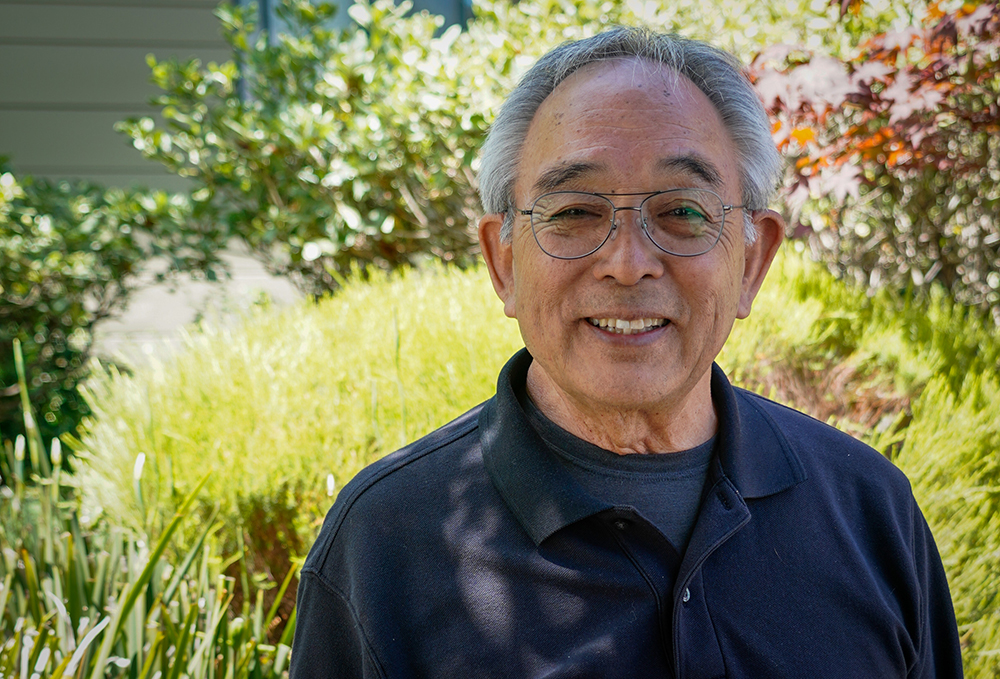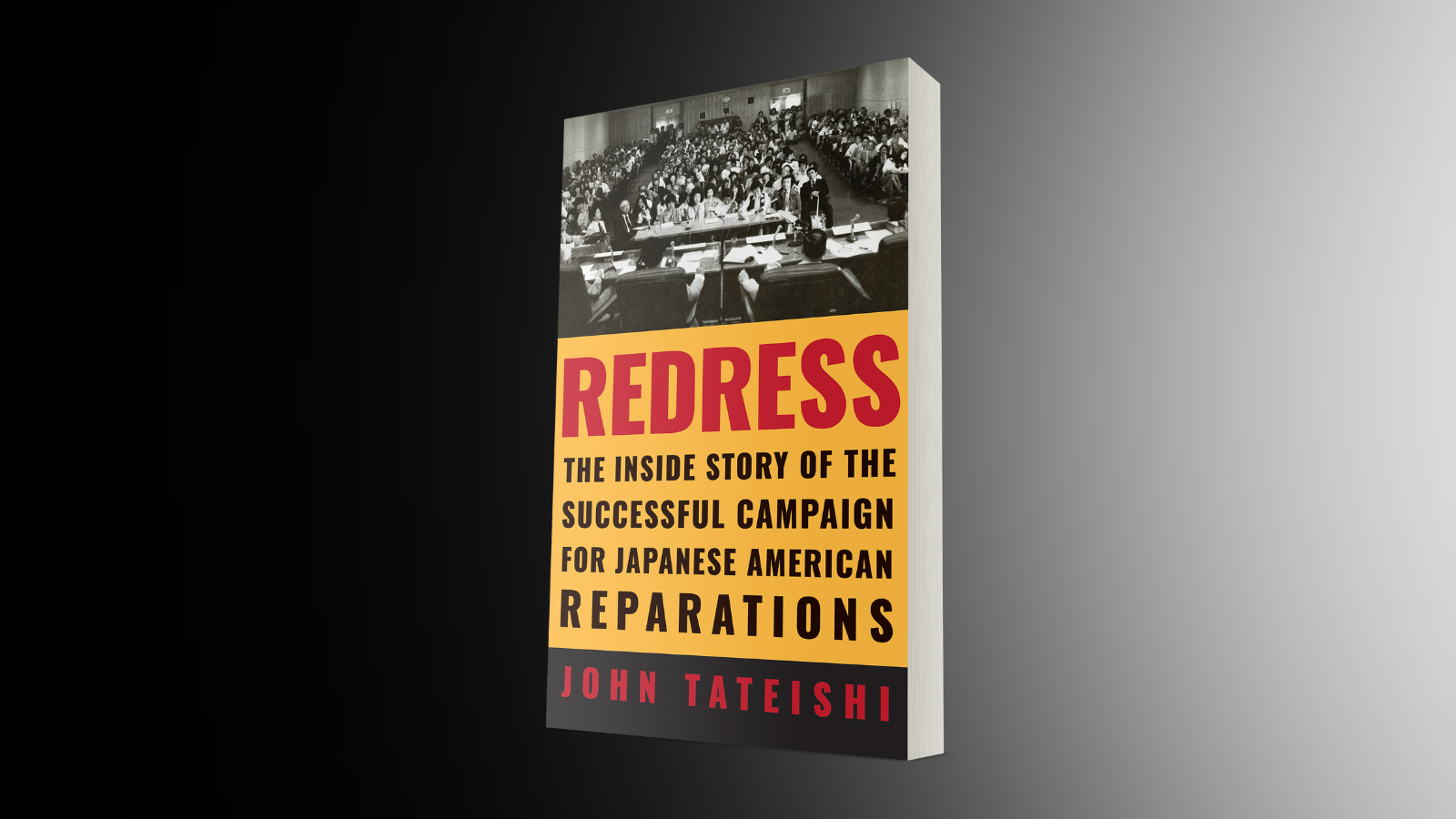Leader of the Japanese American Reparations Movement Shares Inside Story of the Historic Campaign for Redress
Former director of the longest standing Asian American civil rights group shares strategies and provides a roadmap for other reparations movements
BERKELEY, CALIF. — Signed in 1942, Executive Order 9066 mandated the forced evacuation, dispossession, and incarceration of 120,000 Japanese people residing in the United States, solely on account of their ancestry. Forty years later, the US Congress declared that this “decision to exclude and detain was a result of racism, wartime hysteria, and a failure of leadership” and authorized an unprecedented reparations program to the survivors. This unprecedented civil rights victory was the culmination of a years-long restorative justice movement, and Redress: The Inside Story of the Campaign for Japanese American Reparations by John Tateishi (forthcoming in paperback August 2024) chronicles that effort through the eyes of one of its chief stewards.
Tateishi, the former national director of the redress campaign for the Japanese American Citizens’ League, shares the ins and outs of the decades-long drive to raise public consciousness and lobby the nation’s leaders to recognize and repair the injustice of wartime incarceration. “Convince the public, and you convince Congress,” was his guiding mantra, and it would inform the public affairs and legislative strategies that he and fellow activists pursued until their goal was realized: a presidential apology and pardons, and $20,000 in compensation to survivors (equivalent to $80,000 in 2024 dollars).
In Redress, Tateishi takes readers through the public debates and backroom bargains, media milestones and pitched battles in Washington that led to the legislative victory for Japanese American reparations, offering a roadmap for other social justice movements along the way. Since its original publication in hardcover, Redress has gone on to inspire thought leaders and policymakers invested in the movement for Black reparations in particular—including members of the California State Task Force to Study and Develop Reparations Proposals for Black People and advocates of US House Bill 40.
“The readers for whom this book seems to have resonated most have been proponents for the Black reparations movement,” says Tateishi in his preface to the new edition, “Recognizing the sliver of an opening that the Japanese American redress campaign once had can offer hope for what may come through the sliver of an opening that the campaign for Black reparations has now.”
Advance Praise for Redress
“At a moment when talk of reparations is in the air, there is no more inspiring story to tell than of the time that tens of thousands of Americans who actually won them. Redress gives us an insider’s step-by-step view of how a bold and determined group of Japanese Americans achieved an unprecedented goal that, at the beginning, looked impossible. We have a lot to learn from their extraordinary success..”
—Adam Hochschild, author of Bury the Chains: Prophets and Rebels in the Fight to Free an Empire’s Slaves
“The lessons learned and the history made in this book are indispensable for all those who are seeking redress and reparations for their own communities today.”
—Karen Korematsu, founder and executive director of the Fred T. Korematsu Institute
“John Tateishi, who was on the front lines of the Japanese American redress movement, has written a compelling blow-by-blow account of that struggle. This is a quintessentially American story of how, in the face of seemingly insurmountable odds, justice nevertheless prevails.”
—Jay Feldman, author of Manufacturing Hysteria: A History of Scapegoating, Surveillance, and Secrecy in Modern America
“Redress is a must-read for understanding the success of the redress campaign and how it changed the course of American history.”
—Norman Mineta, former U.S. secretary of transportation
“A fascinating insider’s account of a historic campaign by a marginalized community and its allies to see redress from the most powerful country in the world. Simply compelling!”
—Dale Minami, lead counsel in overturning Korematsu v. United States
Media Contact:
Kalie Caetano
Marketing & Publicity Director, Heyday
For review copies, feature interest, and interview and image requests, get in touch: publicity@heydaybooks.com.

John Tateishi, born in Los Angeles in 1939, was incarcerated from ages three to six at Manzanar, one of America’s ten World War II concentration camps. He studied English Literature at UC Berkeley and attended UC Davis for graduate studies. He played important roles in leading the campaign for Japanese American redress, and as the director of the Japanese American Citizens League, he used the lessons of the campaign to ensure that the rights of this nation’s Arab and Muslim communities were protected after 9/11.


